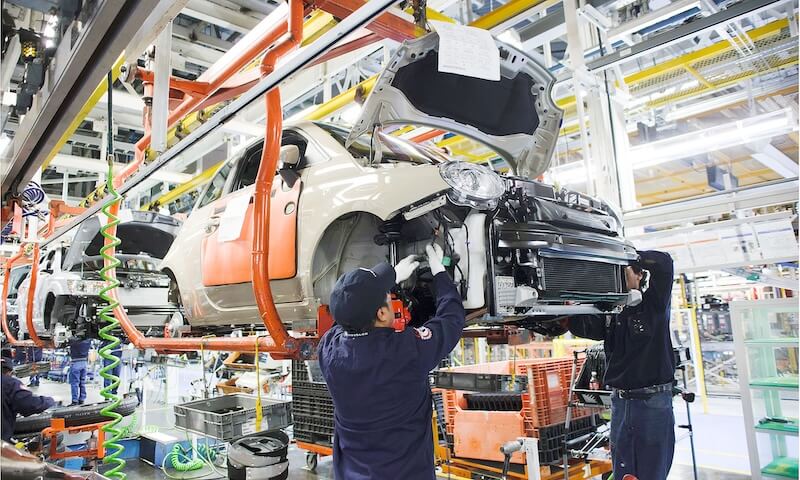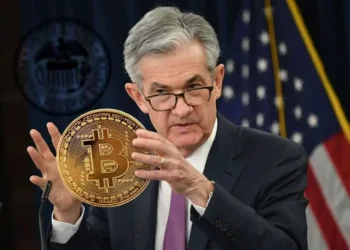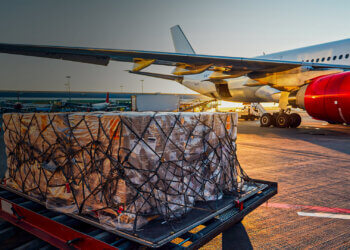The U.S. sales of Ford, Hyundai, Kia, General Motors and Toyota increased by double digits in April because customers hurried to purchase vehicles before President Trump implemented his 25% auto tariffs on April 3 which caused price increases. The “employee pricing” promotion at Ford expanded until July 4th helped the company achieve a 16% sales increase. Hyundai and Kia maintained price stability until June while their sales increased by 19% and 14% respectively. The sales figures from GM and Toyota showed 20% and 10% growth respectively.
According to Cox Automotive’s Jonathan Smoke and J.D. Power’s Thomas King the fear of tariffs caused consumers to buy early in April but their purchasing activity decreased when inventory levels dropped and prices increased. The Tuesday tariff adjustments from Trump provide relief through U.S. parts reimbursement and reduced “stacked” levies yet 25% parts tariffs will take effect on Saturday. Ford CEO Jim Farley requested that the government establish wider policy measures to maintain market expansion.
The current sales increase stems from immediate consumer anxiety but declining market momentum together with higher costs may reduce future market demand which creates challenges for automakers to manage pricing and supply in the tariff-affected market.










